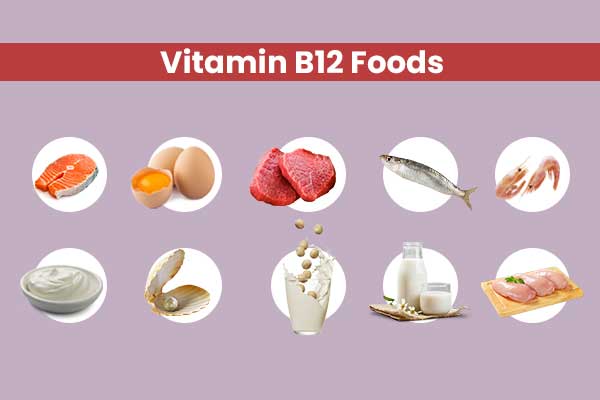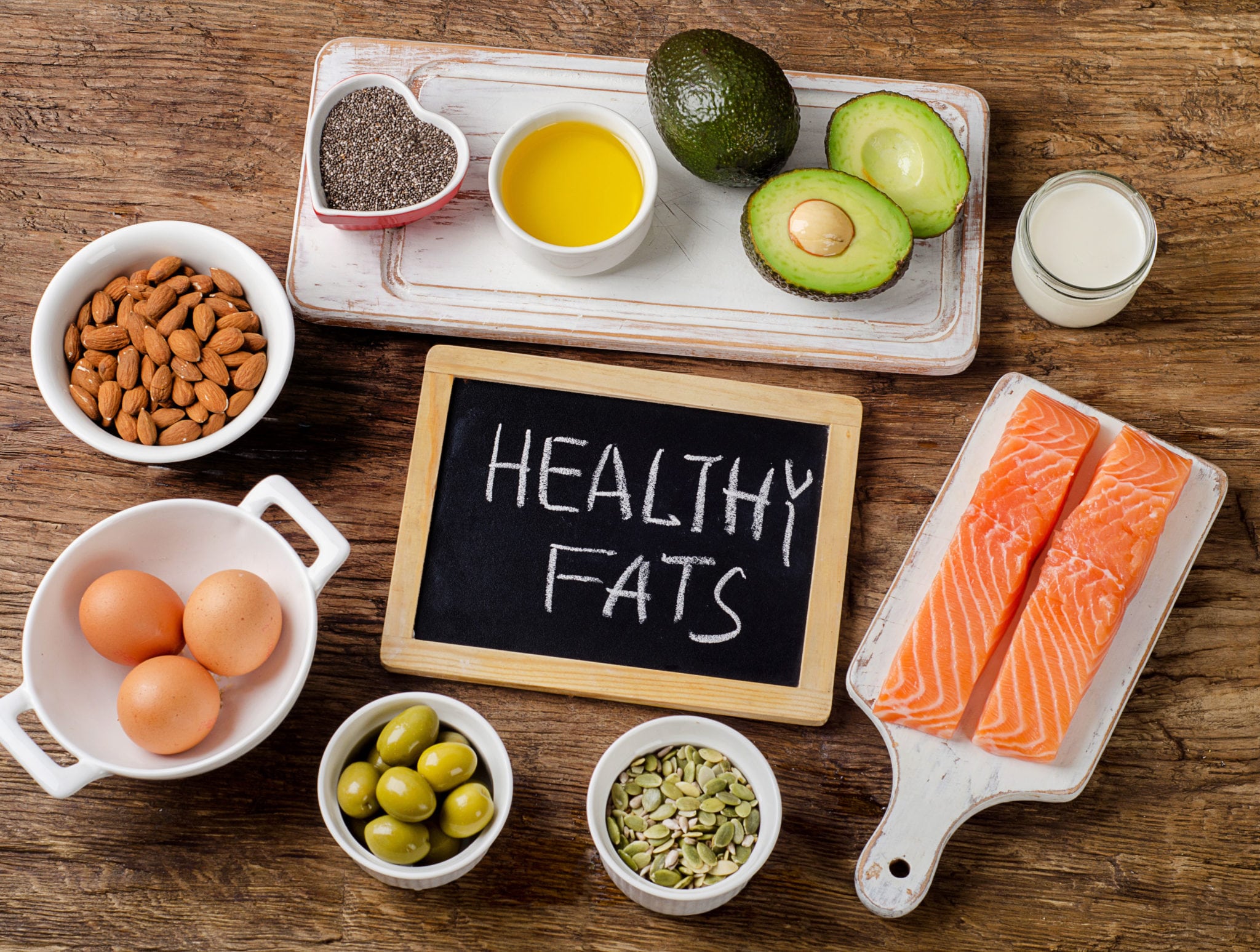“The Vital Importance of Vitamin B12: Benefits and Sources for Optimal Health”
Vitamin B12, also known as cobalamin, is a vital nutrient that plays a crucial role in maintaining our overall health and well-being. As one of the essential B-complex vitamins, it is responsible for numerous essential bodily functions and supports various systems in our body. Despite its importance, many individuals fail to consume sufficient amounts of this vitamin, leading to potential health issues. In this blog post, we will explore the benefits of vitamin B12 and understand why it is essential for our bodies.
Energy Boost and Red Blood Cell Production
One of the primary benefits of vitamin B12 is its role in energy metabolism. The vitamin aids in converting the food we eat into energy that our cells can use effectively. This is particularly important for maintaining energy levels throughout the day, as a deficiency in B12 can lead to fatigue and lethargy. Additionally, vitamin B12 is essential for the production of red blood cells. These cells are responsible for carrying oxygen throughout the body, ensuring the proper functioning of organs and tissues.
Supports Nervous System Health
Vitamin B12 is crucial for maintaining a healthy nervous system. It is involved in the formation of myelin, a protective sheath that covers nerve fibers, allowing efficient transmission of nerve impulses. This helps in proper brain function and can reduce the risk of neurodegenerative conditions and cognitive decline with age. Adequate B12 levels also play a role in supporting mood and emotional well-being.
DNA Synthesis and Cell Division
Another important function of vitamin B12 is its involvement in DNA synthesis and cell division. These processes are essential for the growth and maintenance of body tissues. Proper levels of B12 are particularly vital during periods of rapid cell growth, such as pregnancy and adolescence.
9 Health Benefits of Eating Oats and Oatmeal: A Nutritional Powerhouse for All, Including Diabetics
Heart Health
Vitamin B12 contributes to heart health by helping to regulate homocysteine levels. High levels of homocysteine have been associated with an increased risk of cardiovascular diseases. By breaking down homocysteine, B12 helps reduce the risk of heart attacks and strokes. Maintaining sufficient levels of B12 can also improve cholesterol profiles and promote overall heart health.
Supports Bone Health
Recent research suggests that vitamin B12 may play a role in supporting bone health and reducing the risk of osteoporosis. B12, along with other B vitamins, helps in maintaining optimal bone mineral density and strength, which is crucial for preventing fractures and bone-related issues.
Why Do We Need Vitamin B12?
Unlike many other vitamins, the human body cannot produce vitamin B12 on its own. Instead, we must obtain it through our diet or supplementation. Vitamin B12 is naturally present in animal-based foods such as meat, fish, dairy products, and eggs. However, vegetarians and vegans, as well as individuals with certain gastrointestinal conditions that impair B12 absorption, are at higher risk of deficiency.
Vitamin B12 deficiency can lead to a range of health problems, including anemia, nerve damage, memory issues, weakness, and difficulty concentrating. Over time, untreated deficiency can have severe and irreversible effects on our health.
Food that contains Vitamin B12
Vitamin B12 is predominantly found in animal-based foods. If you’re looking to incorporate more vitamin B12 into your diet, consider including the following foods:
- Meat: Beef, pork, lamb, and poultry are excellent sources of vitamin B12. Organ meats, such as liver and kidneys, are particularly rich in this vitamin.
- Fish and Seafood: Fish, especially oily fish like salmon, trout, mackerel, and sardines, are good sources of B12. Shellfish like clams, mussels, and crab also contain significant amounts.
- Dairy Products: Milk, cheese, and yogurt are excellent sources of vitamin B12. Opt for low-fat or non-fat options if you’re concerned about saturated fat intake.
- Eggs: Both the yolk and the white of eggs contain vitamin B12, making them a valuable addition to your diet.
- Fortified Foods: Some plant-based foods are fortified with vitamin B12 to cater to vegetarians and vegans. Fortified breakfast cereals, plant-based milk alternatives (soy milk, almond milk, etc.), and nutritional yeast are examples of such products.
- Yeast Extract (Marmite, Vegemite): These spreads made from yeast extract are rich sources of vitamin B12 and are popular among vegetarians and vegans.
- Supplements: If you are unable to get enough vitamin B12 from your diet, you may consider taking B12 supplements after consulting with a healthcare professional.
Vitamin B12 is a remarkable nutrient that is essential for numerous bodily functions, ranging from energy production to supporting heart and nervous system health. It is crucial to ensure that we consume adequate amounts of this vitamin through our diet or, if necessary, via supplements. As with any nutrient, it is essential to strike a balance and avoid excessive supplementation without proper medical advice.
Whether you’re an omnivore, vegetarian, or vegan, it’s essential to pay attention to your vitamin B12 intake to maintain optimal health and well-being throughout your life. Always consult with a healthcare professional to determine your B12 needs and to address any potential deficiencies promptly. Remember, taking care of your body and ensuring proper nutrition is the foundation for a healthy and fulfilling life.













